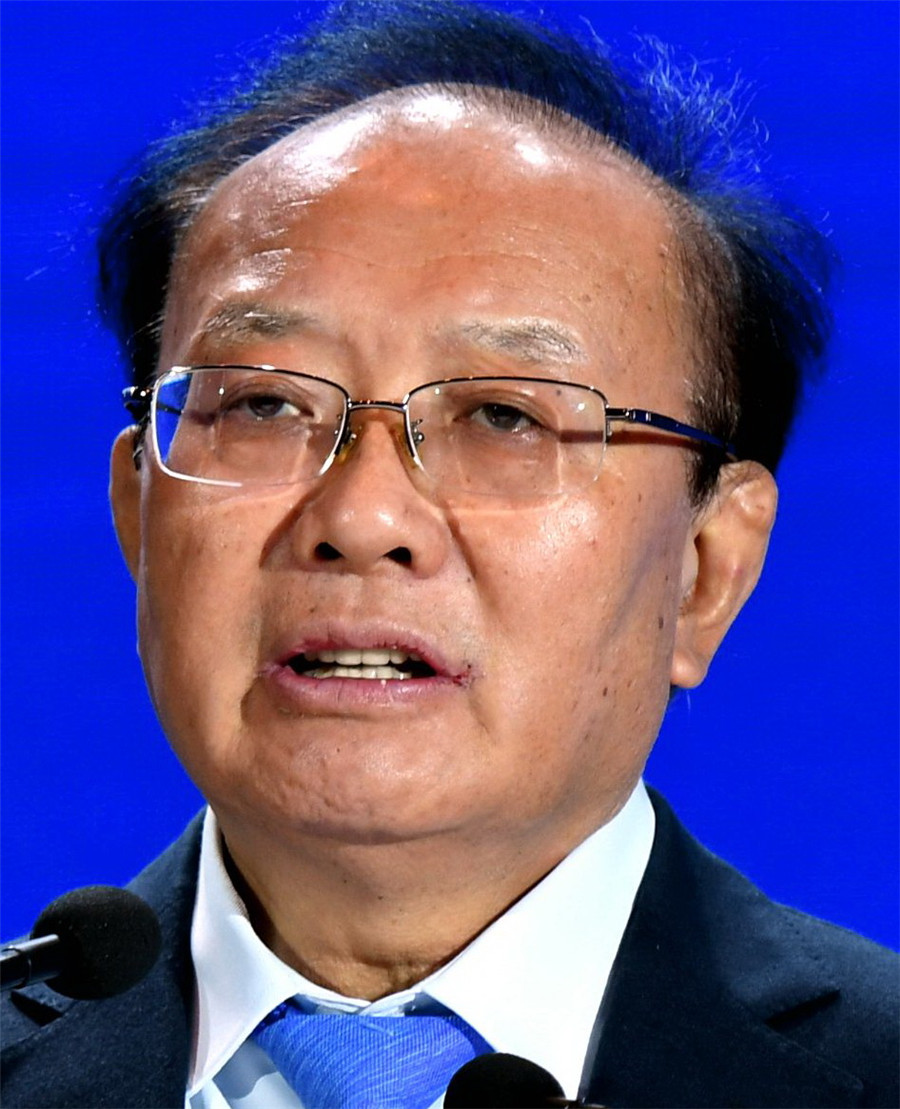High-end manufacturing to open new vistas


Facing the threat of protectionism, Wei noted that China should take advantage of the Belt and Road Initiative opportunities to better support its manufacturing sector, as the trade friction between China and the United States has pushed a number of domestic and global companies to relocate their factories in India, Vietnam and other countries.
"We should combine industrial transfer with the BRI development together, and enlarge the formation of new advantages that complement each other in the outward transfer of industries and the domestic industrial upgrading," said Wei, who also was China's vice-minister of commerce between 2003 and 2008.
"It will gradually promote orderly "going global" progress for home companies, diversify their origin, export markets and asset portfolios, and break down the tariff barriers set by the US," he said, adding this can be a practical measure to address issues such as industrial relocation, overcapacity and the China-US trade dispute.
Chen Xuedong, an academician at the Chinese Academy of Engineering, said globalization is a positive trend of the global economy. It brings new opportunities to everywhere in the world and improves international partnerships. Every country, company and individual has benefited from globalization, he said.
China has also taken a series of measures to open up further, including expanding the range of areas open to foreign investment and optimizing foreign investment rules. This helps boost the confidence of foreign companies too, he said at a sub-forum of the 2019 World Manufacturing Convention held in Hefei, capital of Anhui province, late last month.



































